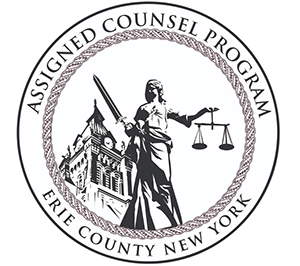The law involving Paternity refers to the idea of who is the ‘legal father’ of a child. The legal father may not necessarily be the biological father. A legal father refers to a man recognized by law as the male parent of a child. A man is considered to be the legal father of a child if he was married to the child’s natural mother when the child was born, if he recognized or legally acknowleged the child or if he has been declared the child’s natural father in a paternity action.
Am I Considered To Be the Father if My Name is on the Child's Birth Certificate?
No. Having your name on the child’s birth certificate is not enough to show that you are the legal father of a child. You must be married to the child’s natural mother, sign an acknowledgment of paternity or have an order of filiation entered by a court to be considered to be a child’s legal father.
How Does the Court Determine Paternity?
Where a question of paternity exists, parents, children, and the County, on behalf of a destitute child, share the right to request by petition that the Court order parents and children to submit to DNA tests to determine whether a person is or is not the father of a child.
Do I Have the Right to Counsel?
Yes. You always have the right to be represented in a legal proceeding. If you are the respondent in a paternity petition and you are unable to afford an attorney, one will be provided to you free of charge by the Assigned Counsel Program.
